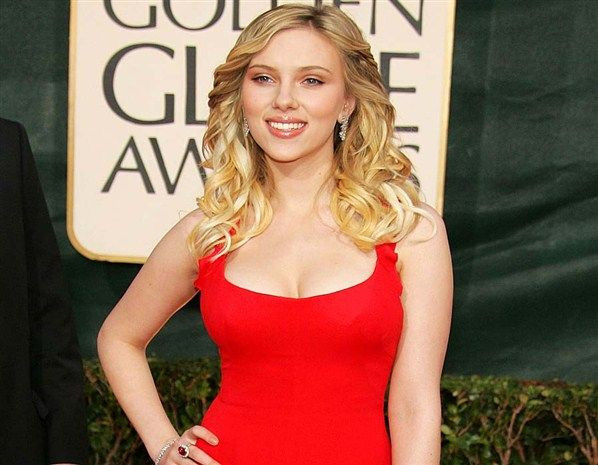Disney CEO Says Company Values Talent, Compensates Actors 'Fairly' Amid Scarlett Johansson Lawsuit
KEY POINTS
- Disney CEO Bob Chapek said the company is grappling with talent contracts that were struck three or four years ago
- He said talent deals going forward will have to reflect the changing world
- Chapek claimed that talent is the company's "most important asset"
Disney CEO Bob Chapek has addressed the company's future amid Scarlett Johansson's lawsuit over "Black Widow."
Speaking at the Goldman Sachs Communacopia Conference Tuesday, Chapek said the standards for talent deals are undergoing a "reset."
While didn’t mention Johansson by name, he referred to film deals that were struck years ago and then launched in the middle of a pandemic that has changed consumer behavior, according to Deadline.
"We’re sort of putting a square peg in a round hole where we've got a deal that's conceived under a certain set of conditions that actually results in a movie that’s being released in a different set," he explained. "So there's actually a bit of a reset that’s going on right now, and ultimately we’ll think about that as we do our future talent deals and plan for that and make sure that that’s incorporated."
Chapek added that talent deals going forward will have to reflect the changing world and that the company currently is in a middle ground but that they’re "trying to do right" by talent.
"But right now we've got sort of this middle position where we're trying to do right by the talent, the talent is trying to do right by us, and we’re just sort of figuring out our way to bridge that gap," Chapek said. "But we believe that talent is our most important asset, and we'll continue to believe that, and we'll continue to compensate them fairly based on the terms of the contracts they agreed to us with."
Chapek's comments came amid Johansson's ongoing lawsuit accusing Disney of breaching their contract after it released "Black Widow" on the Disney+ streaming service the same day it arrived in theaters. The actress claimed that her contract guaranteed exclusive theatrical release and that the hybrid release led to a reduction in her compensation.
In response, Disney claimed that there was "no merit" to the filing, describing the suit as "sad and distressing in its callous disregard for the horrific and prolonged global effects of the COVID-19 pandemic."
The company further claimed in a statement obtained by Us Weekly that it "fully complied" with Johansson's contract and that the simultaneous release "enhanced her ability to earn additional compensation on top of the $20 million she has received to date."
Disney has filed legal documents to request that Johansson's lawsuit be settled in private arbitration. Daniel Petrocelli, the lawyer representing Disney and Marvel, said in a statement to E! News last month, "We are simply asking the Court to enforce the parties' contract requiring arbitration of all disputes."
Her team, however, wants the case tried in open court. Johansson's lawyer, John Berlinski, accused Disney of being afraid to publicly litigate her lawsuit.
The attorney alleged that Marvel promised to give "Black Widow" a theatrical release like its other superhero films, but Disney released it on Disney+ to increase its subscriptions and thereby boost the company's stock price.
During an earnings call on Aug. 12, Chapek spoke about the dual releases of films in movie theaters and on Disney+, telling Wall Street analysts, "We value flexibility in being able to make last-minute calls," Deadline previously reported.
Chapek, who did not mention Johansson or "Black Widow" by name, also said, "Certainly when we planned we didn't anticipate the resurgence of [COVID-19]."

© Copyright IBTimes 2025. All rights reserved.






















